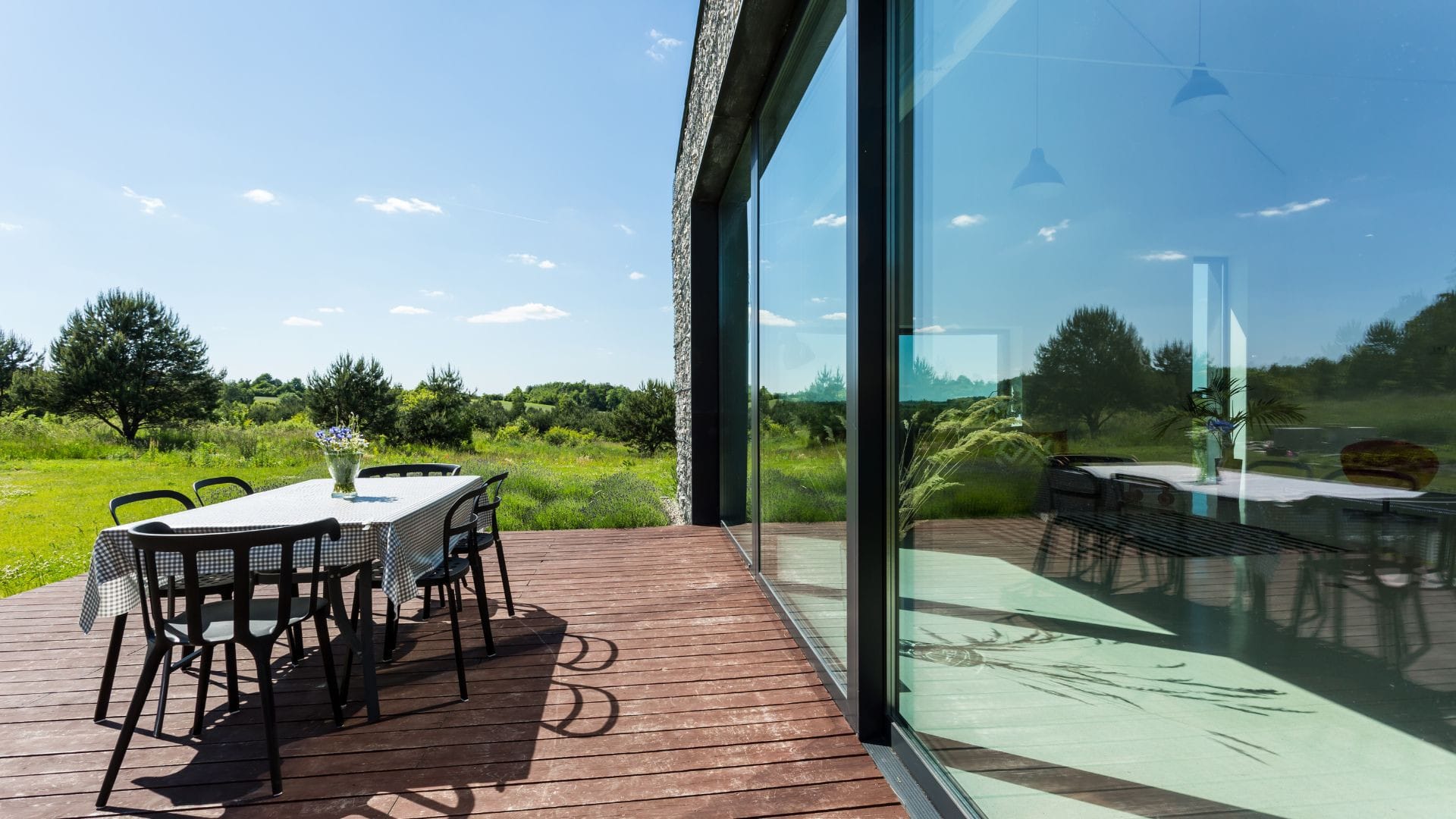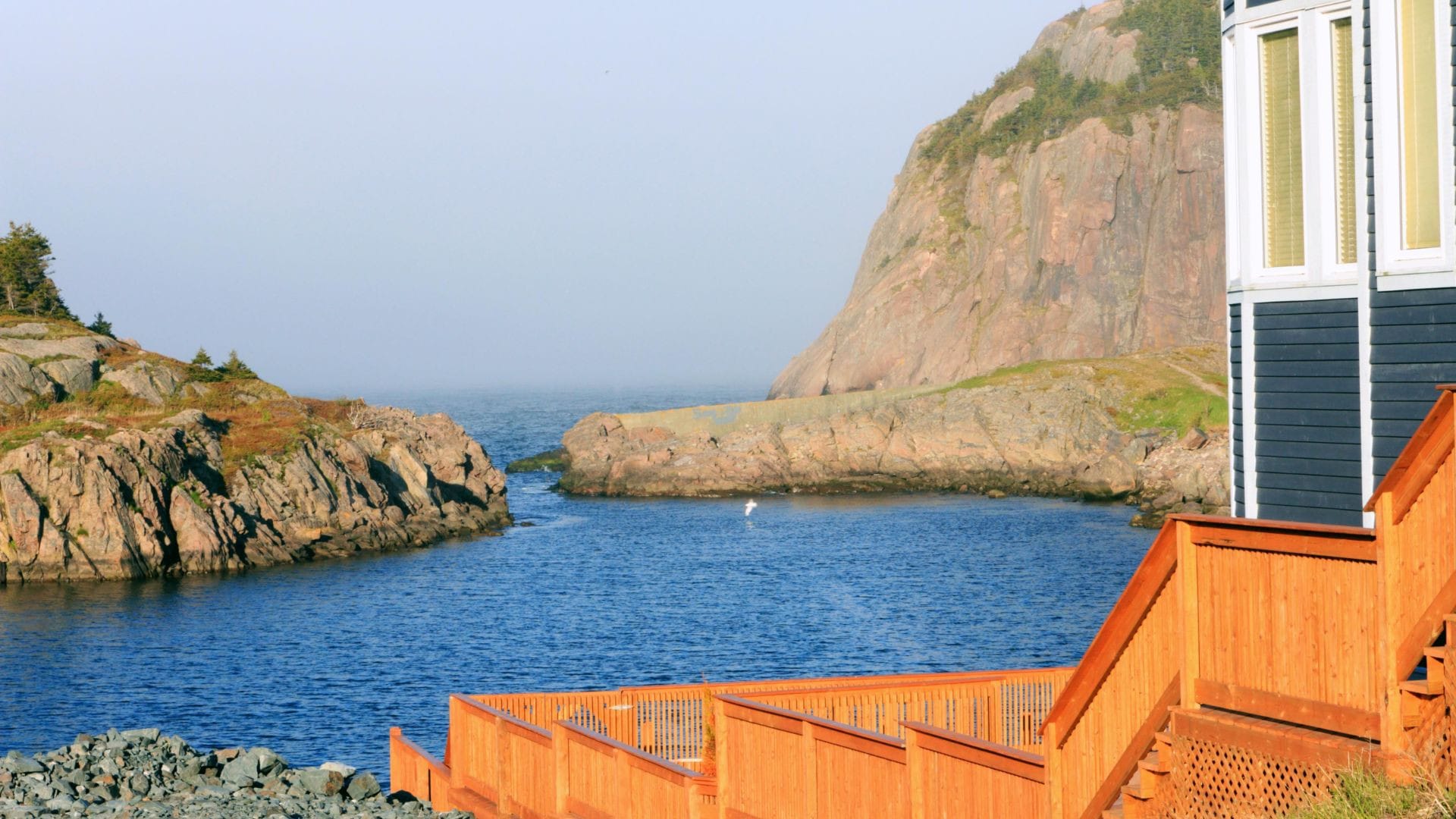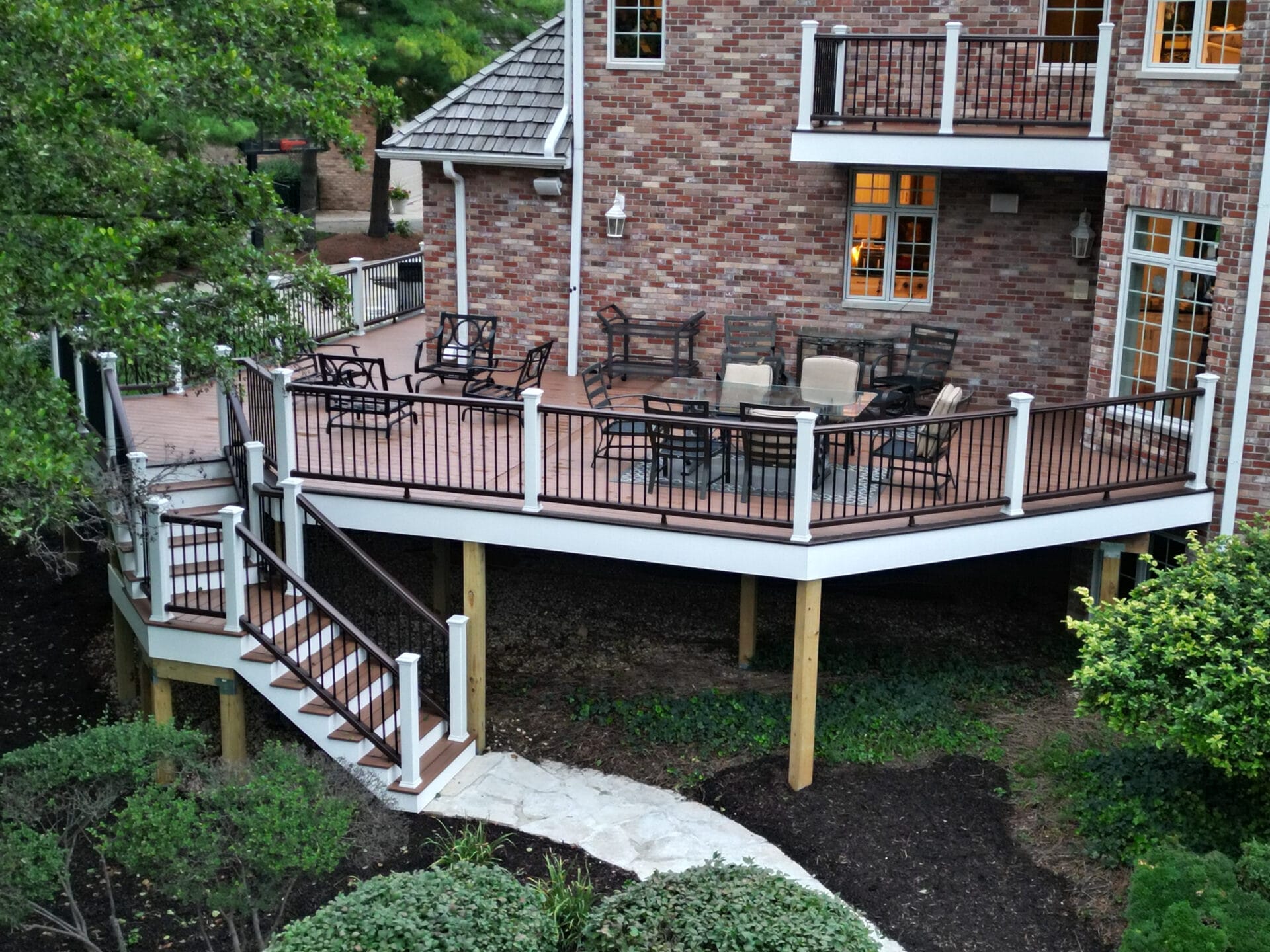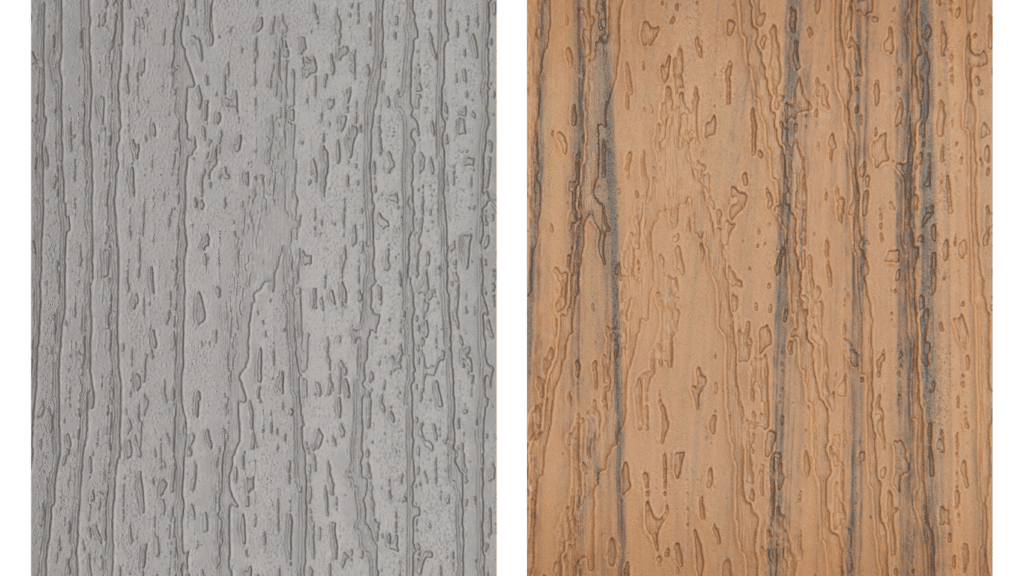Deck building, once a tale of splintered timber and eco-foes, has experienced a renewal, hand in hand with the revolutionary spirit of sustainability. Not far from the city thickets, Naperville is at the heart of this reformation, setting a new course for sustainable living through eco-friendly deck building. In addition to their drive for sustainability, Naperville has become a house that nurtures and empowers local professionals, particularly in the field of eco-friendly construction. Join us as we embark on a journey into this forward-thinking world with a dedicated team of deck builders, exploring innovative materials and products that make our decks not just places for relaxation and family gatherings, but also monuments of our commitment to preserving Mother Earth. One of the finest contractors leading this charge is Warner’s Decking of Naperville. Their skilled team of deck builders consistently impresses customers by delivering remarkable eco-decks.
Our deck building approach in Naperville is eco-friendly because we use sustainable and locally-sourced materials that minimize our environmental impact. We also employ green building techniques that reduce waste and energy consumption throughout the construction process. We have paid a considerable amount of attention to the total lifecycle of the products we use and the way we use them, ensuring that customers receive a beautiful, long-lasting deck while minimizing their carbon footprint.


Eco-Friendly Deck Building in Naperville
In the pursuit of greener living, many homeowners in Naperville have set their sights on eco-friendly deck building. Their shift in preference has spurred on local professionals, particularly the team at Waner’s Decking, to devise new ways of constructing decks that are sustainable and environmentally conscious. This not only helps preserve our natural resources but also creates a healthier living space for ourselves and future generations. So, what does eco-friendly deck building entail?
Eco-friendly deck building involves utilizing sustainable materials, implementing energy-efficient designs, and adhering to local regulations. By making conscious choices throughout the construction process, homeowners can minimize their environmental impact while enjoying the benefits of an outdoor space.
When it comes to selecting sustainable decking materials, there are several options to consider. These materials are chosen based on factors such as durability, recyclability, and renewable sourcing. Let’s explore some popular choices for eco-friendly decking in Naperville.
It is calculated that the use of pressure-treated wood, which is common in deck building, actually contributes to approximately 15% of global arsenic emissions.
The Forest Stewardship Council reports that composite decking materials can contain up to 95% recycled content, indicating an eminent shift towards more eco-friendly practices.
According to Meteomatics Weather API data, Naperville experiences on average 189 sunny days per year, making the city a prime location for utilizing solar-reflective decking materials to reduce heat absorption and cool your deck naturally.
Selecting Sustainable Decking Materials
“Not all decking materials are created equal when it comes to sustainability,” says Mark Johnson, an environmentally-conscious homeowner in Naperville. “It’s important to do your research and choose materials that align with your green values.”
One popular choice for sustainable decking is composite decking, which combines recycled wood fibers with recycled plastic or vinyl. Composite decking offers a natural wood-like appearance without the need for cutting down trees. Moreover, composite decking is highly durable and requires minimal maintenance, reducing its environmental impact over time.
Another eco-friendly option is bamboo decking. Bamboo is a fast-growing grass that reaches maturity within a few years compared to traditional hardwoods. Harvesting bamboo does not result in deforestation and can be a more sustainable alternative. It possesses excellent strength properties and natural resistance to pests and rotting, making it a practical choice for outdoor decks.


For those seeking a truly green solution, decking made from reclaimed or salvaged wood can be an ideal choice. Reclaimed wood is sourced from old buildings, barns, or other structures and repurposed for decking. This not only provides a rustic and unique aesthetic but also prevents valuable wood from ending up in landfills.
It’s worth noting that sustainable decking materials not only benefit the environment but also offer homeowners long-lasting, low-maintenance options. By investing in eco-friendly materials, you can enjoy your deck for years to come while reducing your carbon footprint.
As a customer seeking to construct a deck, it is necessary to understand and adhere to the building codes, especially if your job involves deck building in Naperville. Now that we have explored some popular sustainable decking materials and kinds of deck builder companies, let’s turn our attention to the regulations surrounding this place.
Before embarking on any deck building project in Naperville, it is vital to familiarize yourself with the regulations and codes enforced by the local authorities. These building codes ensure not only the safety of your deck but also its compliance with environmental standards. It is important for deck builders, companies, and individuals to know the types of materials and specifications needed.
When building or renovating a deck, choosing sustainable materials such as composite decking, bamboo decking, or reclaimed wood can have a positive impact on the environment while also providing long-lasting and low-maintenance options for homeowners. It’s important to do research and choose materials that align with your green values. Additionally, being aware of local regulations is crucial for ensuring compliance when building a deck in Naperville.
Regulations for Deck Building in Naperville
In Naperville, like many other municipalities, there are specific guidelines and permits required for deck construction. The first step is to obtain a building permit from the city’s Development Services department. This permit ensures that your deck, regardless of the color or types of materials used, meets all necessary safety requirements and structural standards. Being diligent about this aspect of the job ensures you avoid future problems like fines or being ordered to demolish your construction.
Being an informed customer or deck builder also means understanding that there may be certain restrictions regarding the placement and size of your deck. For instance, setbacks – the distance between your deck and property lines – may be specified to maintain appropriate spacing for fire prevention and privacy reasons.
Furthermore, as part of sustainable development efforts, Naperville encourages eco-friendly practices in deck building by companies and individuals alike. Therefore, it is essential to consider sustainable materials and design features when constructing your deck.
Now that we understand the regulations surrounding deck building in Naperville, and the important place these rules occupy in any construction job, let’s explore how we can create an environmentally friendly deck through sustainable design.
Designing an eco-friendly deck involves using materials and techniques that have a reduced impact on the environment while still providing functionality and aesthetic appeal. By incorporating sustainable design principles into your deck project, you can contribute to a greener future while enjoying outdoor living spaces.
Sustainable Design for Decks
One key aspect of sustainable design is selecting environmentally friendly materials. Whether you’re a customer or a deck builder, consider using reclaimed or recycled wood, such as composite decking made from recycled plastic and wood fibers. These materials not only reduce deforestation but also require less maintenance than traditional wood decks.
Additionally, opt for non-toxic finishes and sealants that are low in volatile organic compounds (VOCs). VOCs are harmful chemicals emitted by many conventional paints and stains, which can contribute to indoor and outdoor air pollution. Using environmentally friendly finishes not only protects your health but also reduces environmental impact.
To further enhance the sustainability of your deck, utilize energy-efficient lighting options such as LED bulbs, solar-powered lights, or motion sensors. These choices reduce energy consumption and lower utility bills while providing adequate illumination for outdoor activities.
Lastly, consider incorporating green spaces within your deck design. Planting native species and creating vertical gardens not only adds aesthetic value but also promotes biodiversity and contributes to a healthier ecosystem in your backyard.
For instance, you can create a living wall with climbing plants like ivy or install planter boxes along the edges of your deck to grow herbs, flowers, or even vegetables. This natural touch not only enhances the overall beauty of your deck but also provides additional environmental benefits.
By integrating these sustainable design features into your deck building project, you’re making a significant step towards creating an eco-friendly and environmentally conscious outdoor space, whether as a customer or a deck builder.When it comes to eco-friendly deck building in Naperville, the integration of sustainable features is a crucial element. By incorporating environmentally friendly materials and design principles into the construction process, you can create a deck that not only enhances the beauty of your outdoor space, including a cozy patio, but also minimizes its ecological impact. Though implementing such details might require some money and effort, the result is worth it.
One of the first considerations in integrating eco-friendly features is the choice of sustainable decking materials. Opting for materials such as composite deck boards made from recycled plastics and wood fibers, or bamboo decking, which grows rapidly and replenishes quickly, can significantly reduce the demand for natural resources. We emphasize detail, making each decking surface a testimony of our commitment to sustainability and the protection of natural resources.


Integrating Eco-Friendly Features
Beyond the choice of decking material, it’s essential to think about other elements that contribute to sustainability. For others, it means incorporating reclaimed or recycled materials for railing systems or using low-impact fasteners made from stainless steel or aluminum instead of traditional nails or screws. Additionally, LED lighting powered by solar energy can be installed to minimize electricity usage.
To further enhance the eco-friendliness of your deck, consider incorporating green design principles. This can involve creating a deck with an efficient layout that maximizes sunlight and promotes natural airflow, reducing the need for excessive artificial lighting and cooling systems. Designing the deck with integrated planters or implementing a rainwater collection system are additional ways to make it more sustainable.
Remember, eco-friendly deck building extends beyond just material choices and design considerations. Maintenance practices also play a significant role in ensuring long-term sustainability. You protect your investment of both money and effort by using non-toxic sealants and cleaners and opting for regular maintenance to preserve the integrity of your deck without harming the environment.
By integrating these eco-friendly features into your deck construction, you not only contribute to environmental preservation but also create a beautiful outdoor space for yourself and others that aligns with your values. Now that we understand how to integrate eco-friendly features into a deck, let’s explore the construction process for sustainable decks. Detail in every step of the process is critical.
Building a sustainable deck involves more than just choosing eco-friendly materials; it requires careful planning and execution to ensure that sustainable practices are followed throughout the construction process. Warner’s Decking of Naperville can break down this process for you by offering a free quote and free ideas and help.
Design and Permitting: Start by engaging with a reputable contractor who specializes in sustainable decking. Collaborate on a design that incorporates eco-friendly features and aligns with your vision. Obtain the necessary permits from local authorities, ensuring compliance with regulations and protection from any legal complications.
The Construction Process for Sustainable Decks
Site Preparation: Clear the designated area, including the patio if necessary, and responsibly dispose of any vegetation or debris. Consider proper soil erosion prevention methods and plan for drainage systems that minimize water runoff.
Foundation Construction: Lay the foundation using sustainable materials, such as helical piers made from recycled metals or concrete footings with minimal environmental impact. Ensure proper spacing and alignment to support the load-bearing requirements of the deck.
Decking Installation: Install the chosen deck material, whether it’s composite decking or bamboo, following manufacturer guidelines and recommended installation techniques. Use low-impact fasteners to secure the boards, avoiding overuse of nails or screws, making sure the surface is evenly covered and perfectly aligned.
Railing Systems: If including railings, opt for environmentally friendly options like reclaimed wood or metal railings made from recycled materials, a service many certified businesses offer. Install them securely to provide safety while maintaining the aesthetic appeal of homes and other areas.
Finishing Touches: Complete the project by adding any other additional features like integrated planters and solar-powered LED lighting, as discussed earlier. Ensure all wiring is done safely and professionally by a company specializing in such business, helping to avoid hazards.
Throughout each step of the construction process, it’s crucial to prioritize sustainable practices, waste reduction, and recycling whenever possible, just like certified businesses. Regular inspections and service maintenance of homes will also help ensure that the deck remains safe and eco-friendly for years to come.
When it comes to building an eco-friendly deck, one of the first steps is to choose a contractor who specializes in sustainable decking for homes and business areas. This decision is crucial as it sets the foundation for a successful and environmentally conscious project by a responsible company.
Start by conducting thorough research to find reputable contractors in your area, who have experience and expertise in sustainable deck construction for homes and other business areas. Look for certifications or affiliations with green building organizations, such as the Forest Stewardship Council (FSC) or Leadership in Energy and Environmental Design (LEED). These credentials demonstrate their commitment to sustainable practices and can serve as a valuable indicator of their expertise.
Choosing a Contractor Specializing in Sustainable Decking
Once you have identified potential contractors, reach out to them for further information. If choosing Warner’s Decking of Naperville, we can come up with an eco friendly deisgn to fit your needs and anything else. Ask about their experience specifically with eco-friendly deck building projects. Inquire about the materials they commonly use and their knowledge of sustainable alternatives. A contractor well-versed in sustainable decking will be able to provide guidance on selecting the most suitable materials based on their durability and environmental impact.
Let’s say you come across two contractors who seem promising. Contractor A tells you they frequently work with composite decking made from recycled materials, while Contractor B mentions their expertise in using locally sourced sustainably harvested wood. Both options have their advantages, so how do you decide?
In such cases, consider factors such as the climate of your region, maintenance requirements, cost, and personal preferences. Research the pros and cons of each material option and discuss it with the contractors. This will help you make an informed decision based on your specific needs and values.
Another essential aspect to consider when choosing a contractor is their communication style and willingness to collaborate. Building an eco-friendly deck requires open dialogue between you and the contractor throughout the project. They should be receptive to your ideas, answer your questions, and provide regular updates on the progress of the construction.
Finally, don’t underestimate the importance of reviewing their portfolio and checking references from previous clients. By doing so, you can gain insights into the quality of their work, their professionalism, and their adherence to sustainable practices. Warner’s decking of Naperville has many testimonials and reviews from previous costumers anyone can check out.
Remember that choosing a contractor specializing in sustainable decking is an investment in both the environment and your deck’s longevity. Take your time, ask questions, and evaluate all aspects before making a decision. This is an important part of the whole service offered by the company.
Finally, don’t underestimate the importance of reviewing their portfolio and checking references from previous clients. By doing so, you can gain insights into the quality of their work, their professionalism, and their adherence to sustainable practices.
Remember that choosing a contractor specializing in sustainable decking is an investment in both the environment and your deck’s longevity. Take your time, ask questions, and evaluate all aspects before making a decision.
In the end, finding a contractor who aligns with your sustainability goals and can bring your vision to life is key. With the right professional by your side, you can create an eco-friendly deck that not only enhances the beauty of your Naperville home but also reflects your commitment to a greener future.

